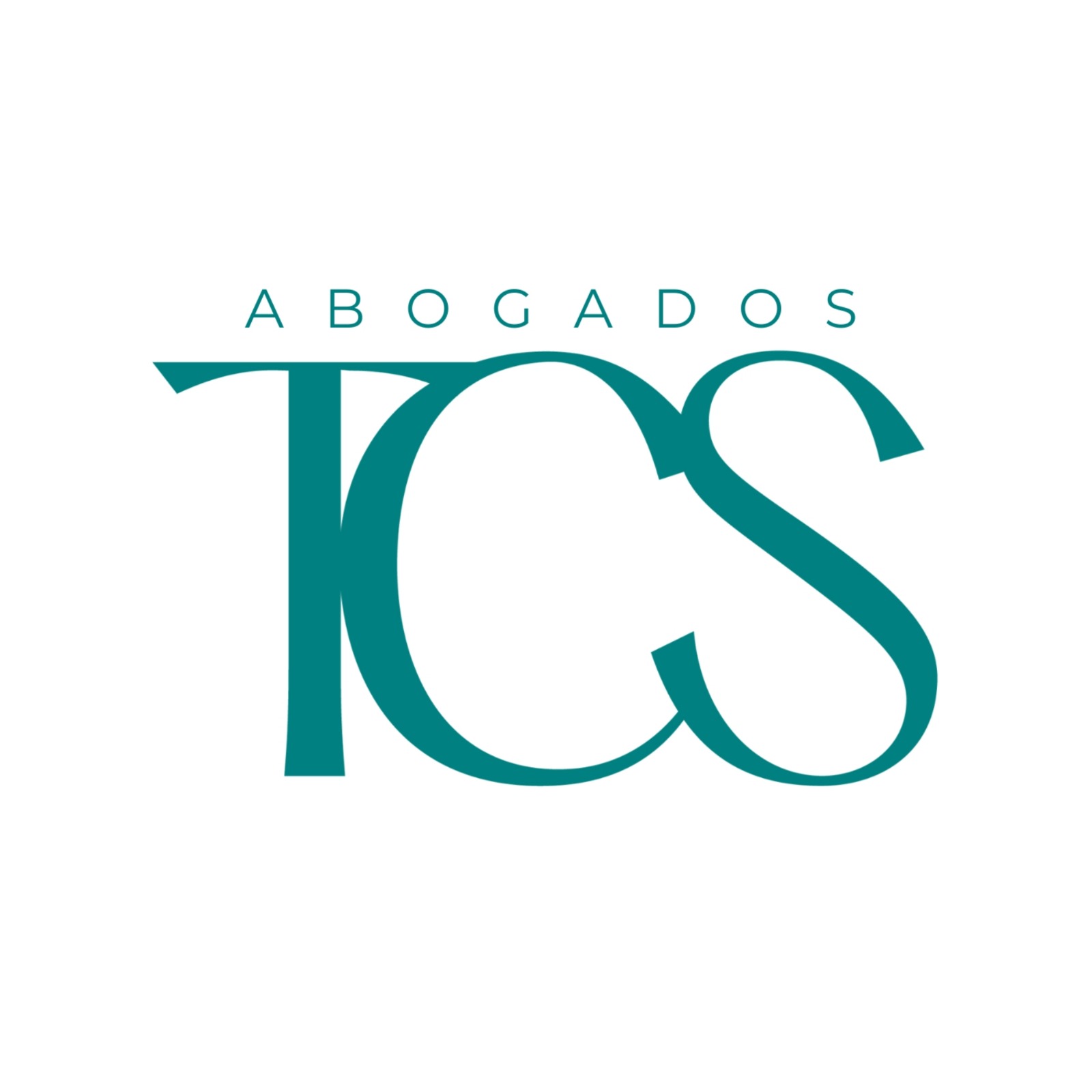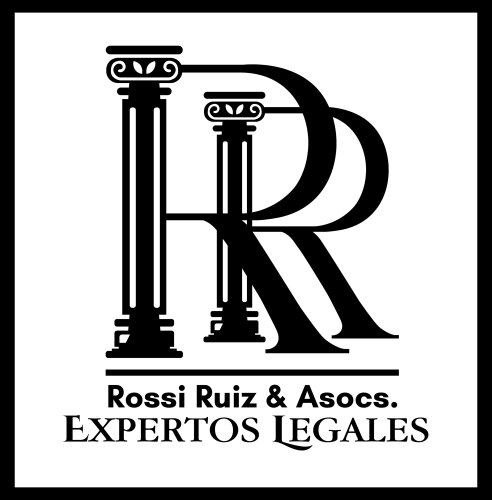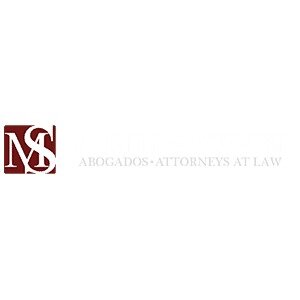Best Constitutional Law Lawyers in Santo Domingo
Share your needs with us, get contacted by law firms.
Free. Takes 2 min.
List of the best lawyers in Santo Domingo, Dominican Republic
About Constitutional Law in Santo Domingo, Dominican Republic:
Constitutional Law in Santo Domingo, Dominican Republic refers to the body of laws and principles outlined in the country's constitution. These laws determine the structure of the government, the rights of individuals, and the relationship between the government and its citizens. Constitutional Law plays a crucial role in ensuring the protection of human rights, maintaining the balance of powers, and upholding the rule of law in the Dominican Republic.
Why You May Need a Lawyer:
There are various situations where you may require a lawyer specializing in Constitutional Law in Santo Domingo, Dominican Republic. Some common reasons include challenges to the constitutionality of laws or government actions, seeking redress for violations of constitutional rights, or navigating complex legal procedures related to constitutional issues. A lawyer can provide expert advice, represent you in court, and help safeguard your constitutional rights.
Local Laws Overview:
In Santo Domingo, Dominican Republic, the Constitution is the supreme law of the land, and all other laws must conform to its provisions. Key aspects of local laws relevant to Constitutional Law include the protection of fundamental rights, the separation of powers between the branches of government, and the mechanisms for amending the Constitution. The Constitutional Tribunal is the highest court overseeing constitutional matters in the country.
Frequently Asked Questions:
What are fundamental rights in the Dominican Republic?
Fundamental rights in the Dominican Republic are rights guaranteed by the Constitution that are essential for the dignity and freedom of individuals. These include the right to life, liberty, property, privacy, and freedom of expression, among others.
Can the Constitution be amended in the Dominican Republic?
Yes, the Dominican Constitution can be amended through a specific process outlined in the Constitution itself. It typically involves approval by a two-thirds majority of the National Congress and ratification by the President.
What is the role of the Constitutional Tribunal in the Dominican Republic?
The Constitutional Tribunal in the Dominican Republic is responsible for interpreting the Constitution, resolving disputes related to constitutional matters, and ensuring the constitutionality of laws and government actions.
Can I challenge a law on constitutional grounds in the Dominican Republic?
Yes, individuals can challenge laws on constitutional grounds in the Dominican Republic by filing a constitutional complaint with the Constitutional Tribunal. A lawyer specializing in Constitutional Law can help you navigate this process.
What remedies are available for violations of constitutional rights in the Dominican Republic?
If your constitutional rights have been violated in the Dominican Republic, you may be entitled to remedies such as compensation, injunctions, or the invalidation of unconstitutional laws or actions. A lawyer can assist you in seeking redress for such violations.
How long does it take to resolve a constitutional case in the Dominican Republic?
The time it takes to resolve a constitutional case in the Dominican Republic can vary depending on the complexity of the issues involved, the court's docket, and other factors. It is advisable to consult with a lawyer to get a better understanding of the timeline for your specific case.
What qualifications should I look for in a Constitutional Law lawyer in the Dominican Republic?
When seeking a Constitutional Law lawyer in the Dominican Republic, look for someone with expertise in constitutional matters, experience in handling similar cases, a strong track record of success, and good communication skills. It is essential to choose a lawyer who inspires confidence and trust.
Are there legal aid services available for Constitutional Law matters in the Dominican Republic?
Yes, there are legal aid services available for Constitutional Law matters in the Dominican Republic, including through governmental institutions, bar associations, and nonprofit organizations. These services can help individuals who may not be able to afford private legal representation.
What are the costs associated with hiring a Constitutional Law lawyer in the Dominican Republic?
The costs of hiring a Constitutional Law lawyer in the Dominican Republic can vary depending on the complexity of the case, the lawyer's experience, and the legal fees structure. It is advisable to discuss fees and payment arrangements with your lawyer upfront to avoid any misunderstandings later on.
How can I stay informed about changes in Constitutional Law in the Dominican Republic?
To stay informed about changes in Constitutional Law in the Dominican Republic, you can follow legal news outlets, attend legal seminars and conferences, join professional associations related to Constitutional Law, and consult with legal experts in the field. Keeping abreast of legal developments can help you protect your rights and interests effectively.
Additional Resources:
If you need legal advice or assistance in Constitutional Law matters in Santo Domingo, Dominican Republic, you can contact the Constitutional Tribunal, the Dominican Bar Association, or reputable law firms specializing in Constitutional Law. These resources can provide valuable guidance and support in navigating the complexities of Constitutional Law.
Next Steps:
If you require legal assistance in Constitutional Law in Santo Domingo, Dominican Republic, your first step should be to consult with a qualified lawyer specializing in Constitutional Law. A lawyer can assess your situation, explain your rights and options, and provide personalized advice to help you protect your constitutional rights effectively. Take action promptly to ensure your rights are safeguarded and seek the guidance of a legal professional for the best possible outcome.
Lawzana helps you find the best lawyers and law firms in Santo Domingo through a curated and pre-screened list of qualified legal professionals. Our platform offers rankings and detailed profiles of attorneys and law firms, allowing you to compare based on practice areas, including Constitutional Law, experience, and client feedback.
Each profile includes a description of the firm's areas of practice, client reviews, team members and partners, year of establishment, spoken languages, office locations, contact information, social media presence, and any published articles or resources. Most firms on our platform speak English and are experienced in both local and international legal matters.
Get a quote from top-rated law firms in Santo Domingo, Dominican Republic — quickly, securely, and without unnecessary hassle.
Disclaimer:
The information provided on this page is for general informational purposes only and does not constitute legal advice. While we strive to ensure the accuracy and relevance of the content, legal information may change over time, and interpretations of the law can vary. You should always consult with a qualified legal professional for advice specific to your situation.
We disclaim all liability for actions taken or not taken based on the content of this page. If you believe any information is incorrect or outdated, please contact us, and we will review and update it where appropriate.














